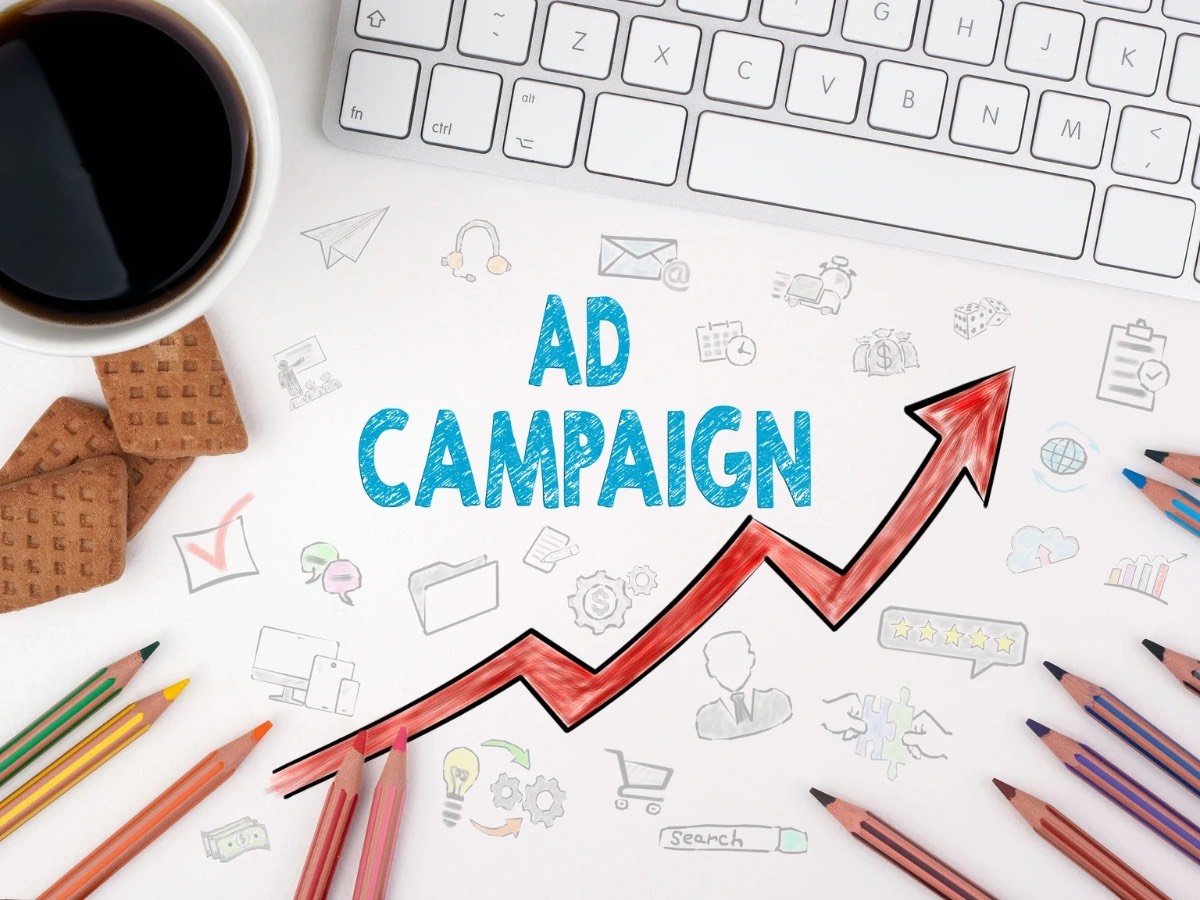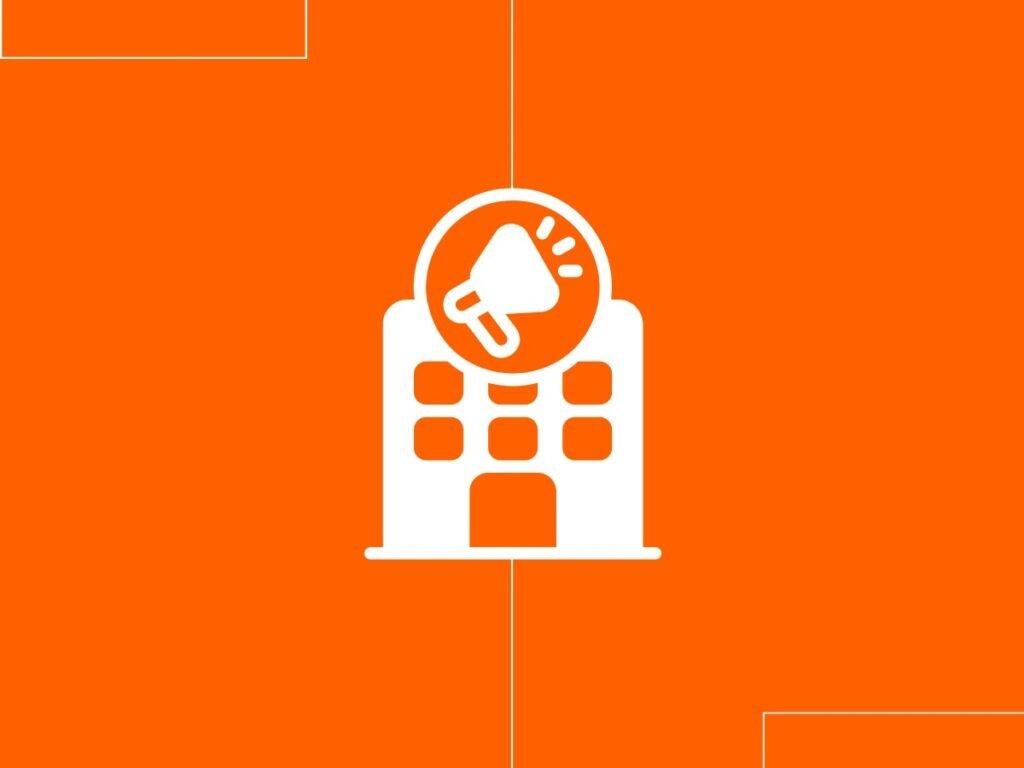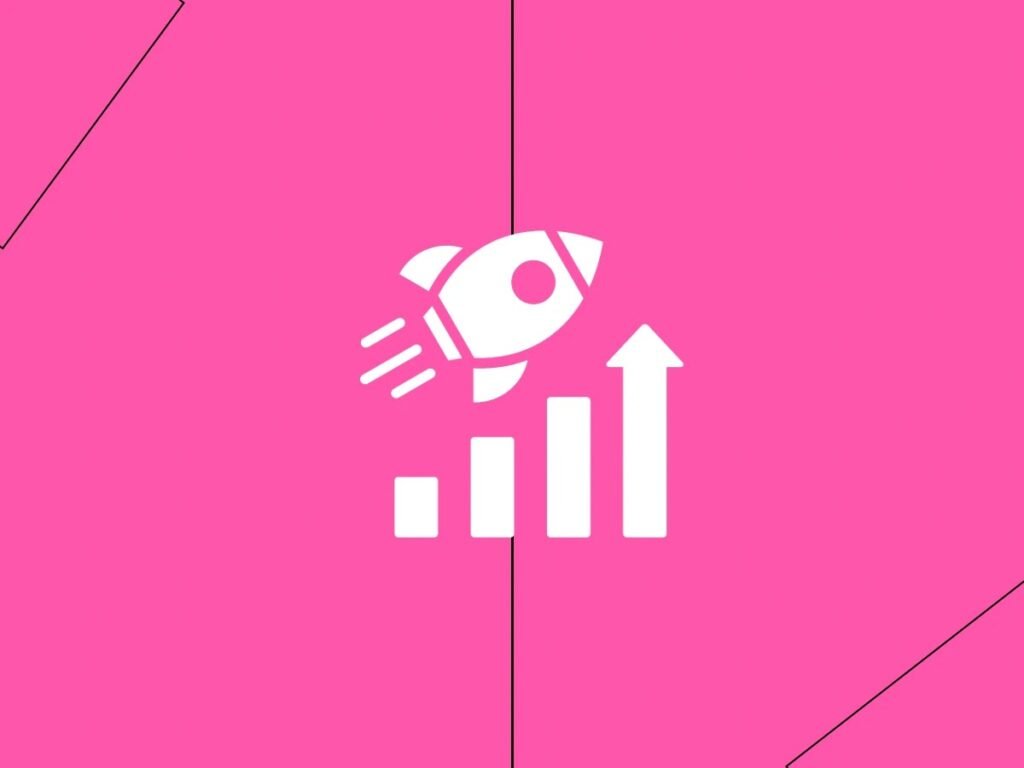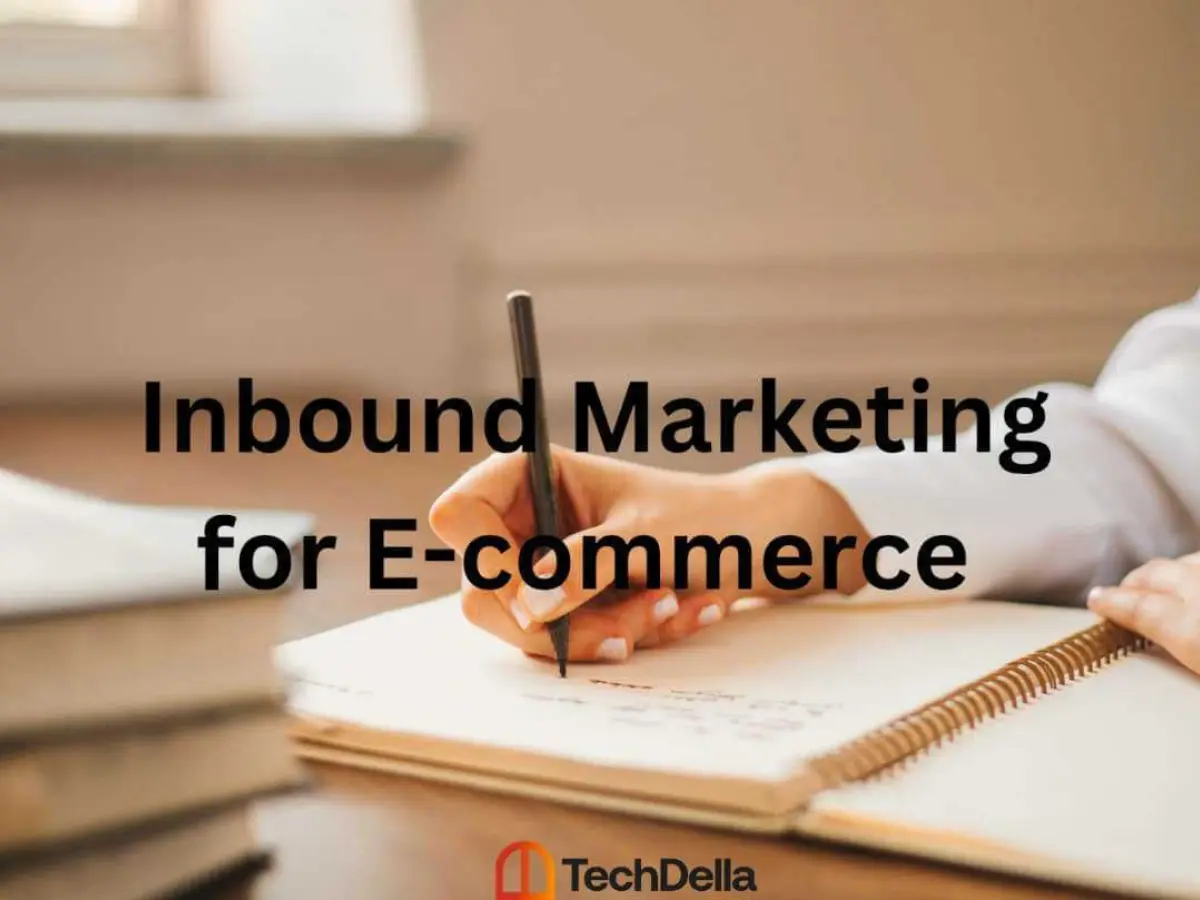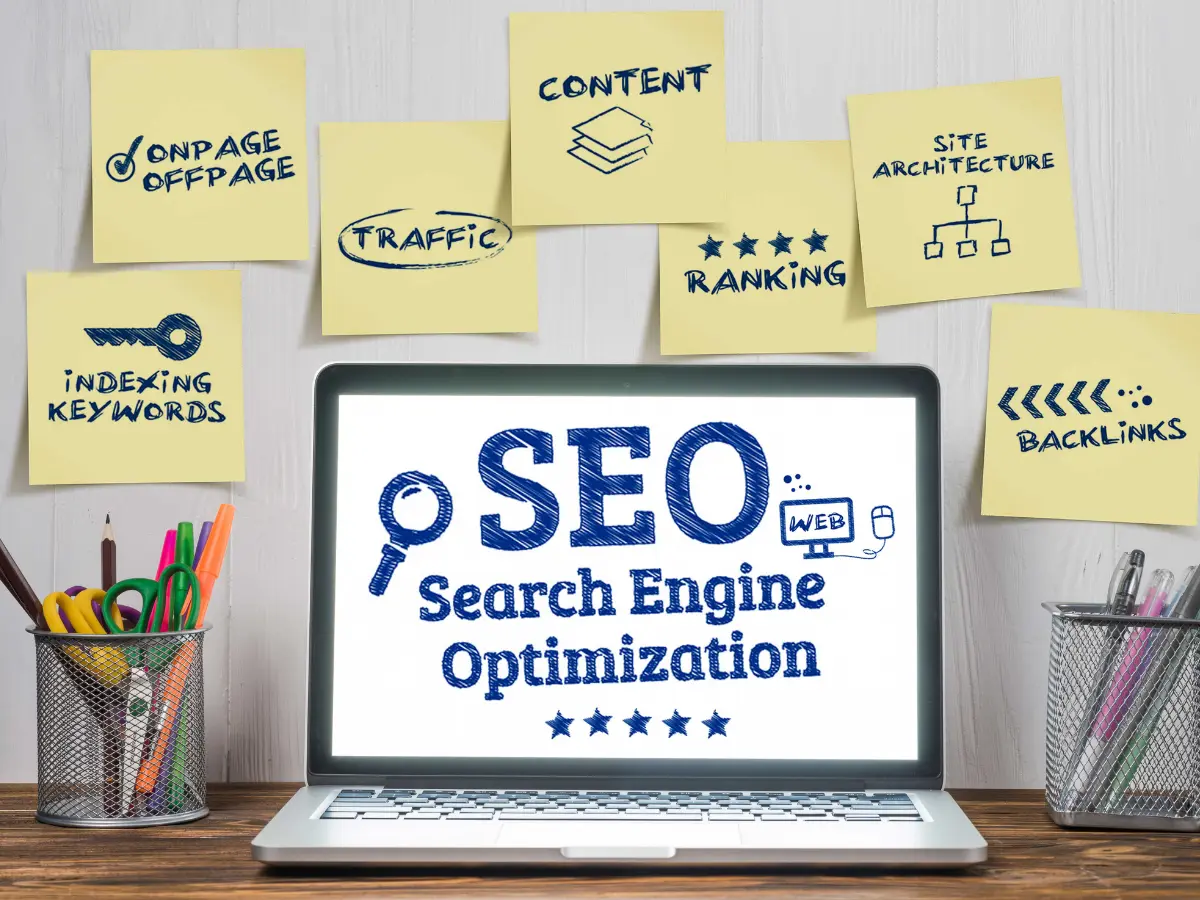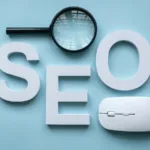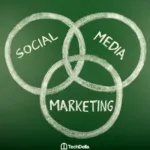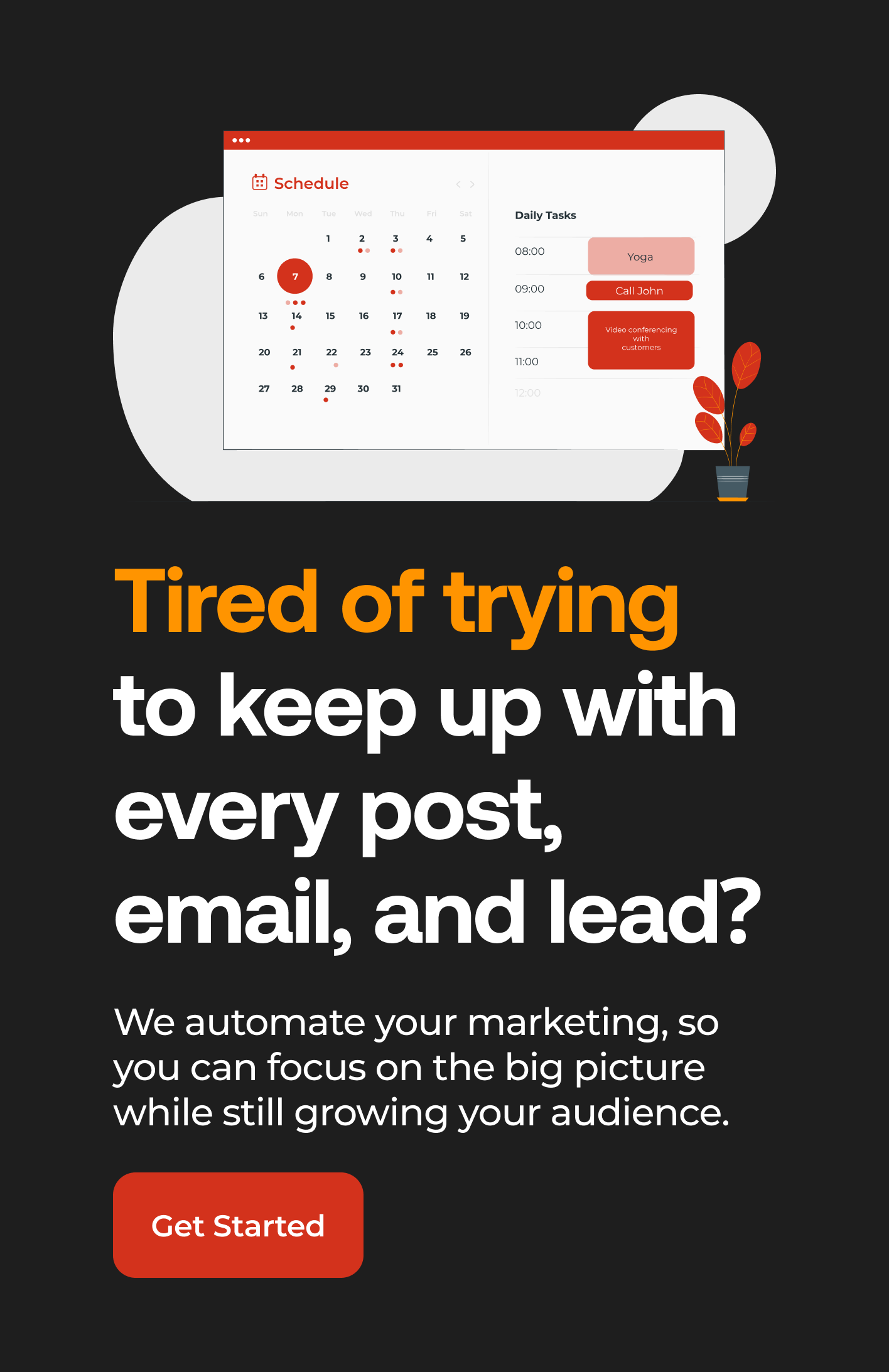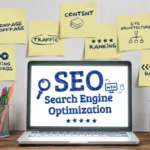You’re tired. I’m tired. We’re all tired of the Google Ads vs Facebook Ads debate. So let’s finally settle it.
But first, let’s go over why this debate is important.
Advertising is an undeniably effective way for businesses of all sizes to pull in customers. It’s one of the most effective digital marketing strategies and it’s an almost guaranteed way to attract new people to your brand.
Before investing your hard-earned money into advertising, it’s important to know which ad platform is best for you. Understanding Google Ads vs Facebook Ads can save you money and maximize your ROI.
In this article, I’ll explore the Google Ads vs Facebook Ads debate and help you pick the best platform for your business.
What Are Google Ads?
Google Ads is an advertising platform that uses the pay-per-click model—which means they charge you every time a user clicks on your ad. Several businesses lean toward Google Ads because:
- Your ads are displayed at the top of search results when users search for your keyword.
- Your ads are shown on websites in Google’s Display Network which are websites and apps that partner with Google.
- Your ads feature on Google platforms like Gmail and YouTube.
With so many potential points of contact, it’s not a surprise that Google Ads brings in huge traffic for businesses that advertise with them. But is that enough to make it better than Facebook Ads?
Google Ads vs Facebook Ads is a question every modern entrepreneur has asked at some point. Well, it’s my goal to answer that question.
Facebook Ads target users based on their demographics, search history, connections, and other data obtained through this social media platform. As more people use Facebook, the platform gains deeper insight into their behaviors and interests. This allows for more targeted ads.
Ever searched for flip flops on Facebook, only to scroll through your feed hours later and see an ad for flip flops?
That’s how Facebook Ads work.
Here’s how your business can benefit from it:
- Your ads are displayed on Meta platforms like Facebook, Instagram, and Messenger.
- You can use visual advertising with images, videos, and carousels.
- Your ads are displayed on Facebook’s Audience Network which is just like the Google Display Network. This means your ad will be shown on websites and apps that have a partnership with Facebook.
Facebook brings a unique edge to the Google Ads vs Facebook Ads comparison through its interest and behavior targeting.

Google Ads vs Facebook Ads: Which is Cheaper?
As a business owner, I know one of the most important things on your mind is how to get value without breaking the bank.
In the battle of Google Ads vs Facebook Ads, understanding CPC and CPM rates can help you budget wisely.
So what do CPC and CPM mean?
CPC means Cost Per Click. It’s an advertising model that charges you every time your ad gets clicked on. In simple terms, you pay for every click—Pay Per Click (PPC).
CPM means Cost Per Impression. In this advertising model, you get charged for every 1000 impressions. This means you’ll be charged after 1000 people see your ad even if they don’t click on it. So you’re paying for every 1000 impressions—Pay Per Impressions (PPM).
The CPC model is great for driving sales since it focuses on users who actually took action. While the CPM model is best for building brand awareness. Its focus is on displaying your ad to as many people as possible.
Both Google Ads and Facebook Ads offer CPC and CPM so you can decide what advertising model is best for you.
Looking at the median CPC of both platforms, I find that Facebook Ads is a lot cheaper. They typically cost $0.29-$0.77 for every click. While Google Ads costs $1–$4 per click.
Another angle in the Google vs Facebook Ads debate is how each platform allows you to reach your ideal audience. This is a little something I call: Ad Targeting Capabilities.
Let’s break down how well each platform targets your audience.
Facebook Ads target interests, behaviors, and demographics. These ads are displayed in front of a custom audience of people with similar interests. Because of this, I’d say Facebook Ads is ideal for B2C and local branding.
Google Ads, on the other hand, target search intent and keywords. Here, you bid on keywords that you believe your ideal audience will search for. That way, when they enter that particular keyword into the search bar, Google displays your ad.
Google Ads is great for B2B because they allow you to target users who have purchase intent. By bidding for transactional keywords you can capture user intention right when they’re in the decision stage.
Now it’s time to look at the effectiveness of these ad platforms. Which platform offers a good return on investment?
My answer is simple: They both do. It just depends on what you’re looking for. Your brand goals will determine which platform is best for you.
Google Ads provides an almost immediate return on investment, making it a great choice for businesses trying to drive sales—quickly.
Facebook Ads is better suited for businesses looking to build awareness and reach customers with content that fosters loyalty. This typically means the ROI is more gradual but just as rewarding.
If your budget allows it, then you don’t have to choose between Google Ads vs Facebook Ads—you can use both. That way you’re taking advantage of the benefits both platforms offer.
This marketing strategy usually involves using Facebook for awareness and Google for conversions. Think of Google Ads vs Facebook Ads as complementary, not just competitive.

Facebook Ads is interest-based which means they target users who have shown interest in the type of product you sell. For example, let’s say you run a perfume business. If a user searches for perfume and looks through various pages then Facebook interprets this as an interest in perfumes. Because of this, your ad will be shown to this user and other users like them.
Google Ads is intent-based which means they target users with specific intent. For example, imagine you own a fashion e-commerce business and you’re trying to drive sales. You could bid on the keyword “Fashion store near me”. That way, your ad shows up every time someone searches for that keyword.
A user searching for that keyword is likely ready to make a purchase which is why Google Ads is great for driving sales and conversions.
